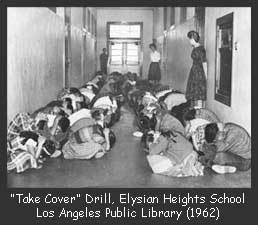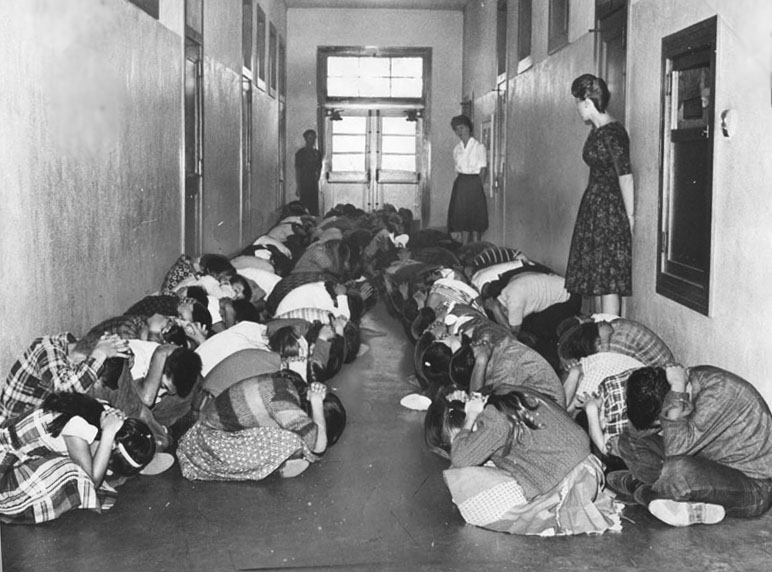 ®
®
How Podcasting Protects Your Intellectual Property Rights
This was originally written as email to my teaching colleagues. I've put it on the Web because it is probably applicable for others as well. Remember, I am not a lawyer, and this isn't legal advice, just common sense.
I've been told that a college teacher's lectures are the intellectual property of the teacher. I haven't tried to research whether my lectures really belong to me or to the school. (And I mostly do not care, and won't until the school records the lectures, fires me, and plays the recordings to classes of students. Then I'll care!) What is clear is that my lectures are not in the public domain; students pay real money to listen to me, and those who do not pay are excluded.
I have been recording my own lectures for a couple of semesters and posting the audio on the USG podcasting server. I've posted my lecture slides on my course Web sites for years. I have chosen not to password-protect that material in the belief that it is a good thing if a non-student comes across it and learns from it. Others may make a different choice, often because their lectures include the intellectual property of others, such as poetry readings. They can still post their material, albeit protected by a password.
Students Recording Classes
 Last week I read an article (on lengthy and legalistic syllabuses) in the Chronicle of Higher Education in which a teacher described prohibiting recording of lectures by students because clandestine recordings had been posted on YouTube. Holy smoke! I never thought of that! Before I started making the podcasts, students would sometimes ask to record my lectures, and I always agreed. A few students boldly recorded without asking, and I never worried about that, either. It never occurred to me that someone might make such a recording public, and it wouldn't worry me very much if they did.
Last week I read an article (on lengthy and legalistic syllabuses) in the Chronicle of Higher Education in which a teacher described prohibiting recording of lectures by students because clandestine recordings had been posted on YouTube. Holy smoke! I never thought of that! Before I started making the podcasts, students would sometimes ask to record my lectures, and I always agreed. A few students boldly recorded without asking, and I never worried about that, either. It never occurred to me that someone might make such a recording public, and it wouldn't worry me very much if they did.
However, it might make sense to worry about what would happen if a portion of a lecture, taken out of context, were published. For example, I recently discussed the threat of atomic attack by the Soviet Union in the 1950s and early 1960s and described the "duck and cover" drill that elementary school kids learned.* Mindful of the microphone clipped to my necktie, I did not describe the third step, after 1. You bend over, and, 2. You put your head between your knees, but I might have. Imagine Yours Truly on YouTube, wholly out of context, telling a class of students, "kiss your [posterior] good-bye!" Holy smoke!
How Podcasting Helps
Here's how podcasting or otherwise recording your lectures helps you. One of the requirements for copyright is "fixation" in a tangible medium. To be eligible for copyright, a work must be in fixed form. A FindLaw article by Mark F. Radcliffe and Diane Brinson says, "A live television broadcast is 'fixed' if it is recorded simultaneously with the transmission." Aha! By analogy, when you record your lectures yourself, they are "fixed," and copyright automatically exists in such a work at the moment of fixation in a tangible medium. While not strictly necessary, publishing a work with a copyright notice attached clearly strengthens one's copyright claim. Publishing on the USG podcasting server accomplishes that.
Now the "kiss your [posterior] good-bye" video infringes a valid copyright. While the Digital Millennium Copyright Act (DMCA) is a nasty piece of legislation, wholly biased toward those who create copyrighted works, against fair use, and with a focus on technology rather than actions, in this case it works in my favor. I can serve YouTube with notice that they are carrying infringing material and they are required by law to remove it. I don't even have to prove infringement (which is part of what makes DMCA so nasty.)
I started podcasting when I had a class with 25% of students for whom English was a second language (and Southern a distant third language.) I kept it up because it's easy to do. Now I have another reason to do it.
* Yes, it was germane to the subject. I teach an information security class and was illustrating the difference between real security and "security theatre." (When we old fogeys were in elementary school, we knew what that third step was, even though our teachers didn't tell us then, either.)


Copyright © by Bob Brown. Some rights reserved.
This work is licensed under a Creative Commons Attribution-NonCommercial-ShareAlike 3.0 Unported License.
Last updated:
2017-03-24 10:43
Originally published:
2008-03-23